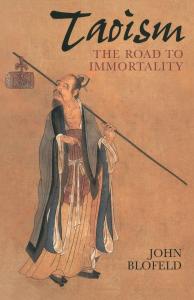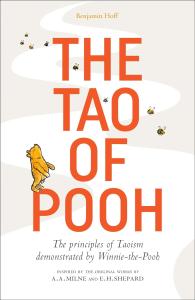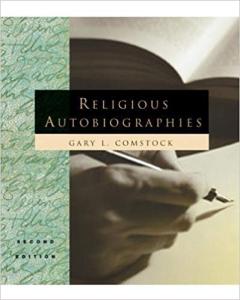Unlocking the Wisdom of Lao Tzu:
A Critical Analysis of Witter Bynner's The Way of Life
As professionals, our daily lives can often be consumed by the hustle and bustle of work and the constant need to achieve more. Amid this chaos, losing sight of what truly matters and feeling unfulfilled and disconnected can be easy. In times like these, turning to ancient wisdom can offer us great insight and guidance.
One such source of wisdom is the ancient Chinese text, Tao Te Ching, written by the renowned philosopher Lao Tzu. This text has been translated into numerous languages and has been studied by people all over the world for centuries. Here, we will review one of the most popular translations of this text, The Way of Life According to Lao Tzu by Witter Bynner.
First published in 1944, this translation has stood the test of time and remains a must-read for anyone seeking a deeper understanding of Lao Tzu's teachings. Bynner, an American poet and scholar, brings a unique and poetic interpretation to this ancient text, making it accessible to readers of all backgrounds.
One of the most striking aspects of this translation is Bynner's use of language. He avoids jargon and complex terminology, making the text easy to understand and relatable. This particularly benefits readers who may not be well-versed in Eastern philosophy. Bynner's words flow beautifully, almost like a poem, making the reading experience enjoyable and thought-provoking.
Bynner's translation also stays true to the essence of Lao Tzu's teachings, focusing on the concept of the Tao, or the "way." He explains the Tao as the universe's natural order, emphasizing the importance of living in harmony with it. This idea is particularly relevant in our modern world, where we often try to control and manipulate our surroundings rather than accept them as they are.
One of the standout features of this translation is Bynner's commentary after each chapter. These commentaries provide valuable insights into Lao Tzu's teachings and how they can be applied to our daily lives. Bynner's interpretations and personal reflections add depth to the text and allow readers to view it differently.
Another noteworthy aspect of this translation is that it includes the original Chinese text alongside the English translation. This adds authenticity and allows readers to appreciate the beauty and intricacy of the Chinese characters.
In conclusion, The Way of Life According to Lao Tzu by Witter Bynner is a timeless and invaluable translation of a classic text. It is a must-read for anyone seeking a deeper understanding of Eastern philosophy and wisdom. Bynner's poetic language, insightful commentary, and inclusion of the original Chinese text make this translation a standout amongst others. As professionals, we can all benefit from the wisdom and guidance Lao Tzu offers and his teachings. So take a step back from the chaos of daily life and immerse yourself in this beautiful and enlightening text.






